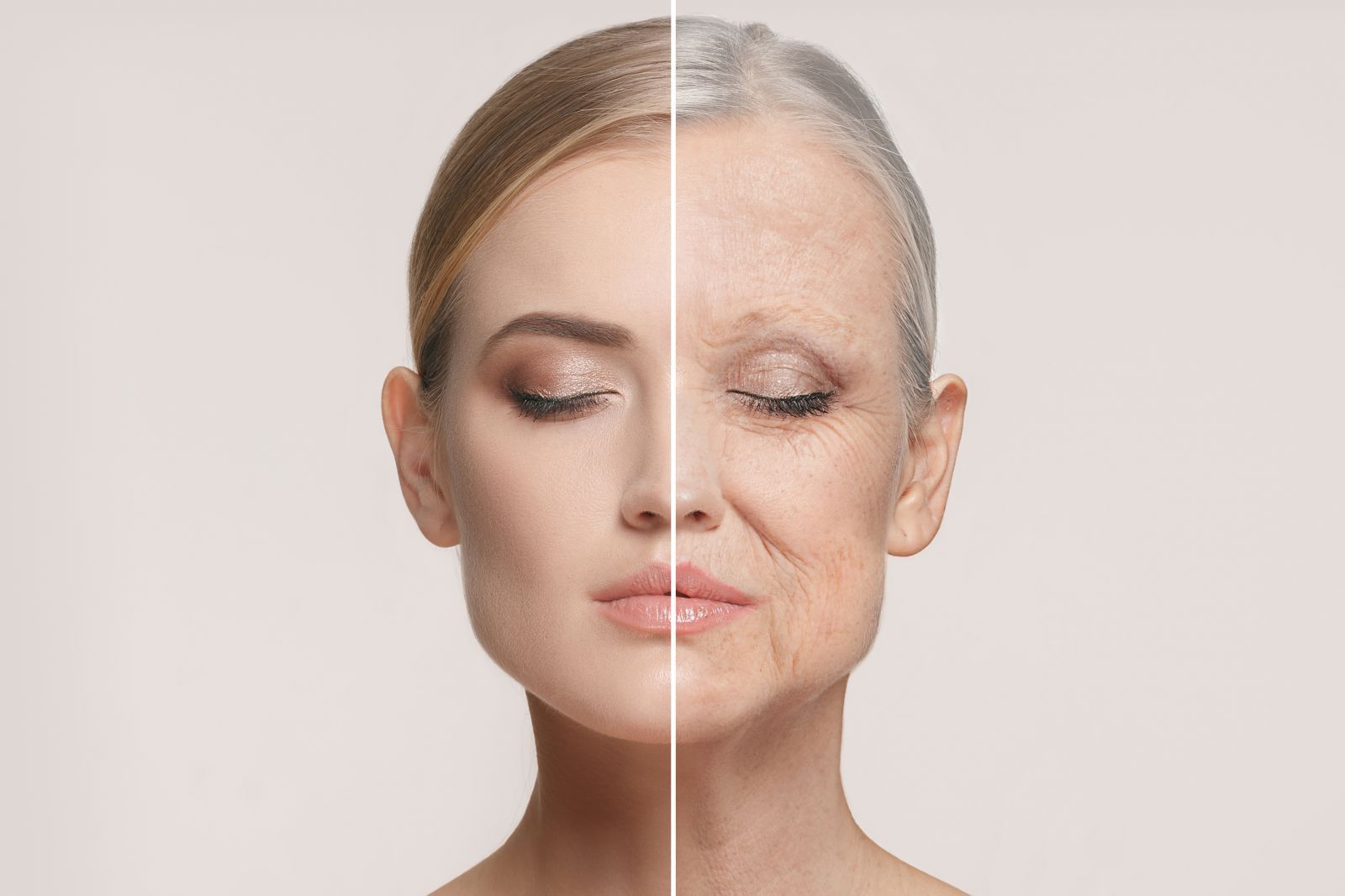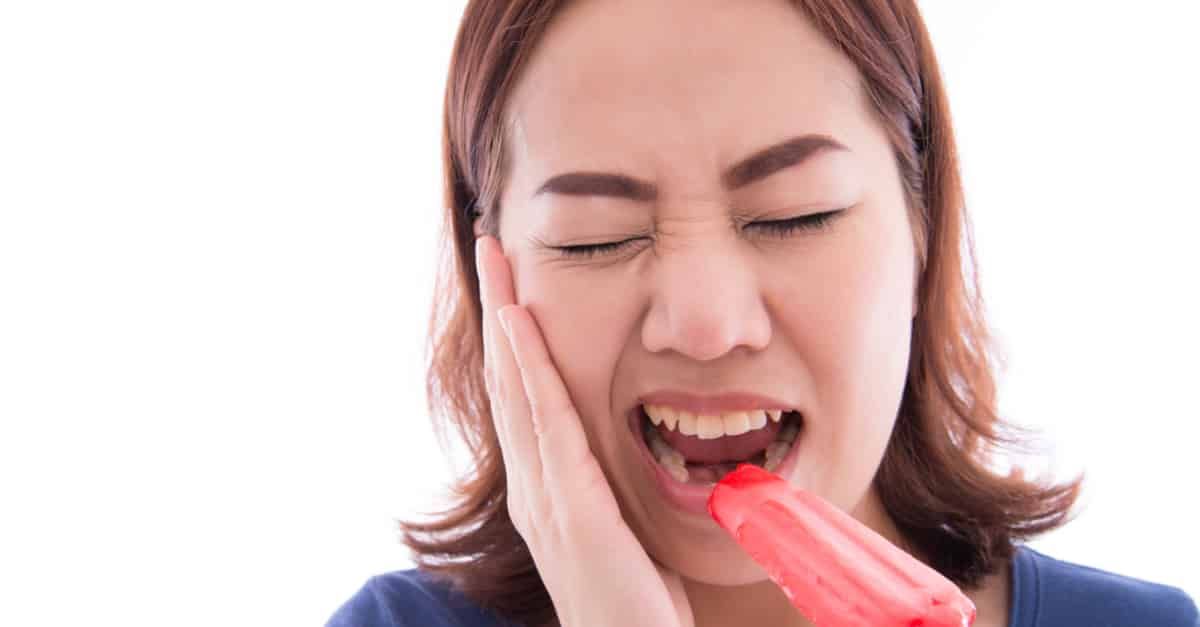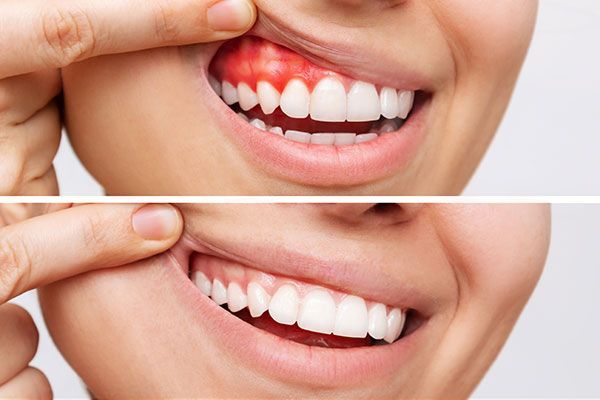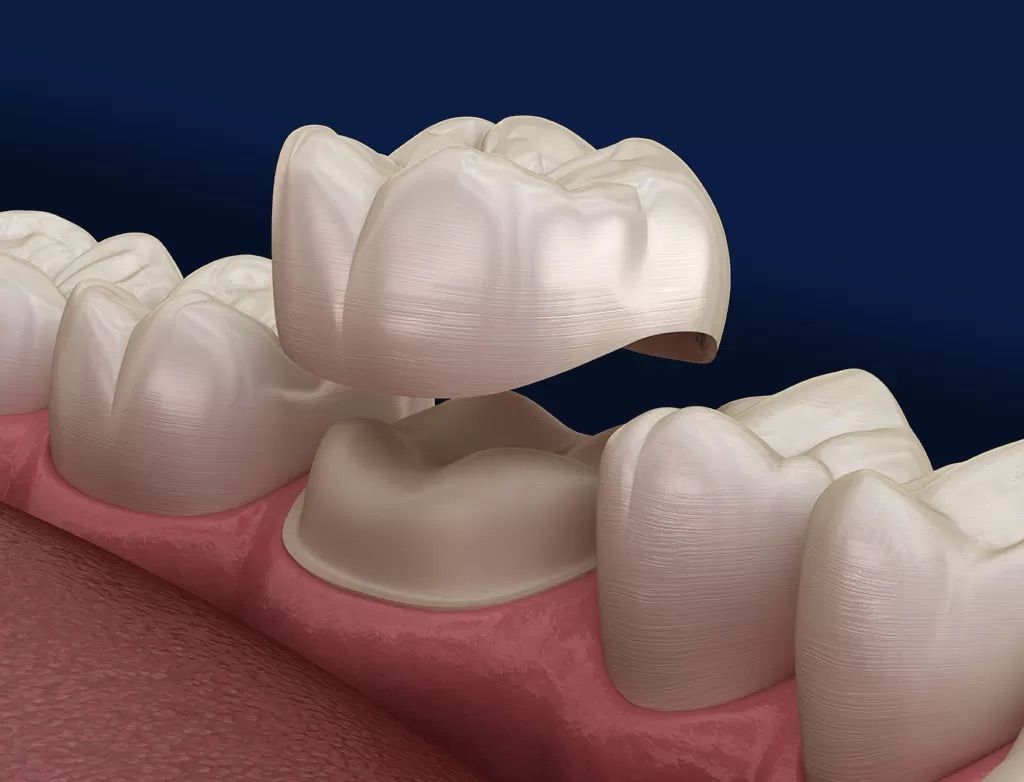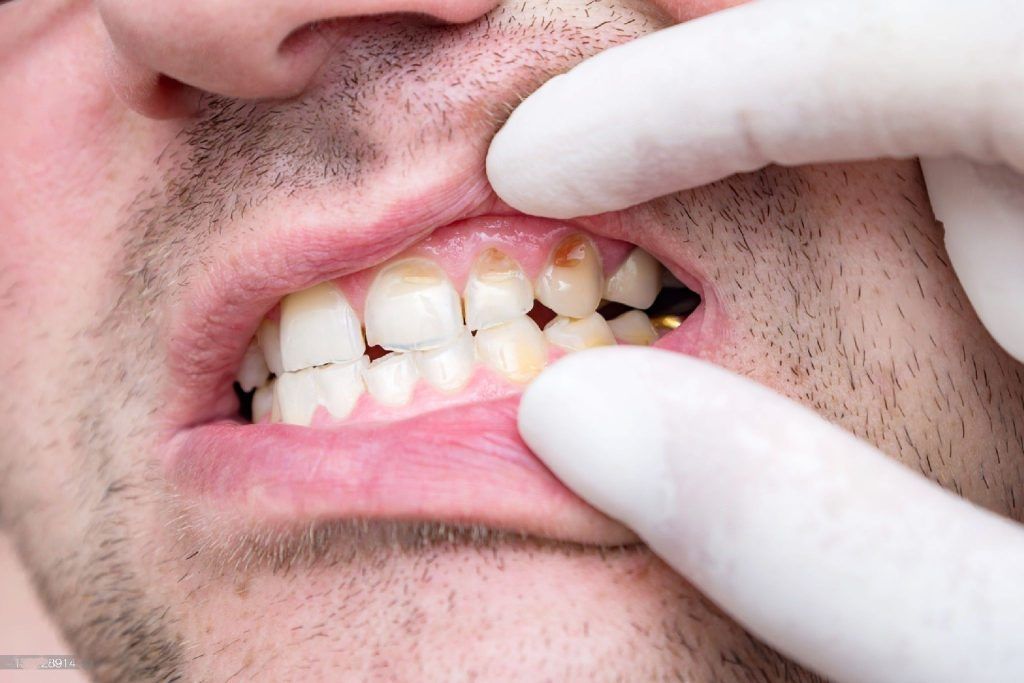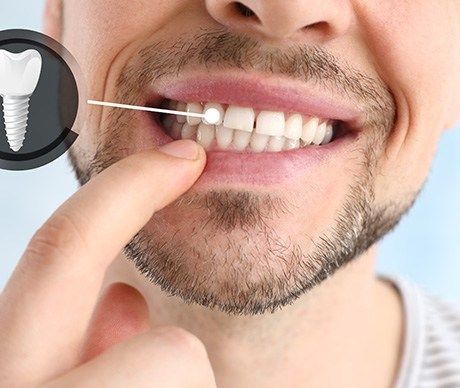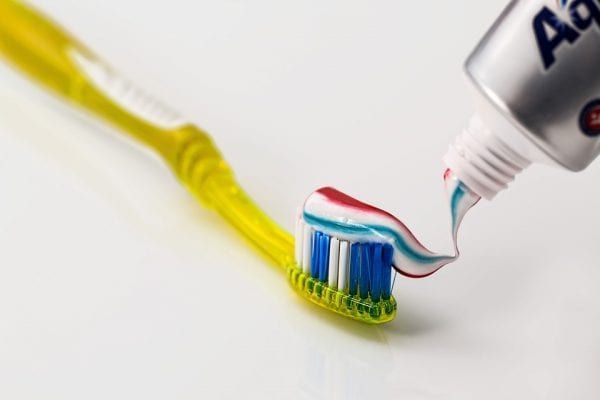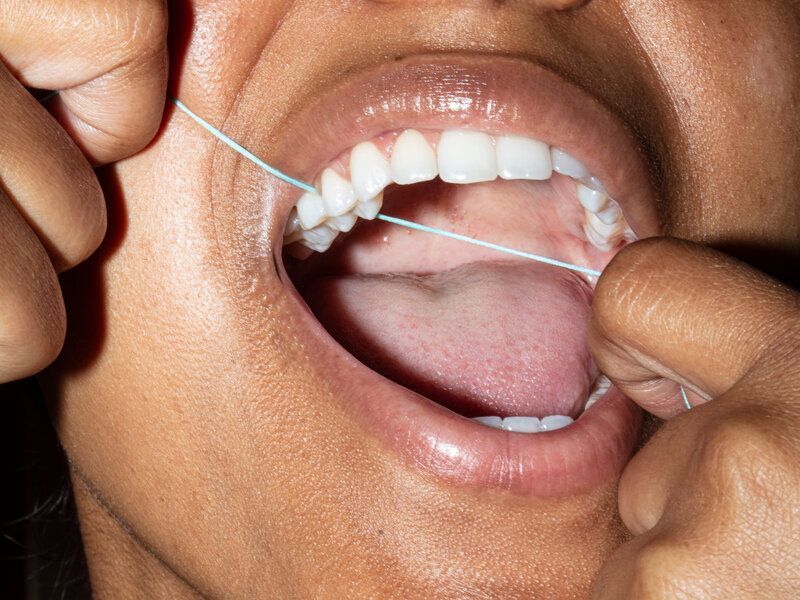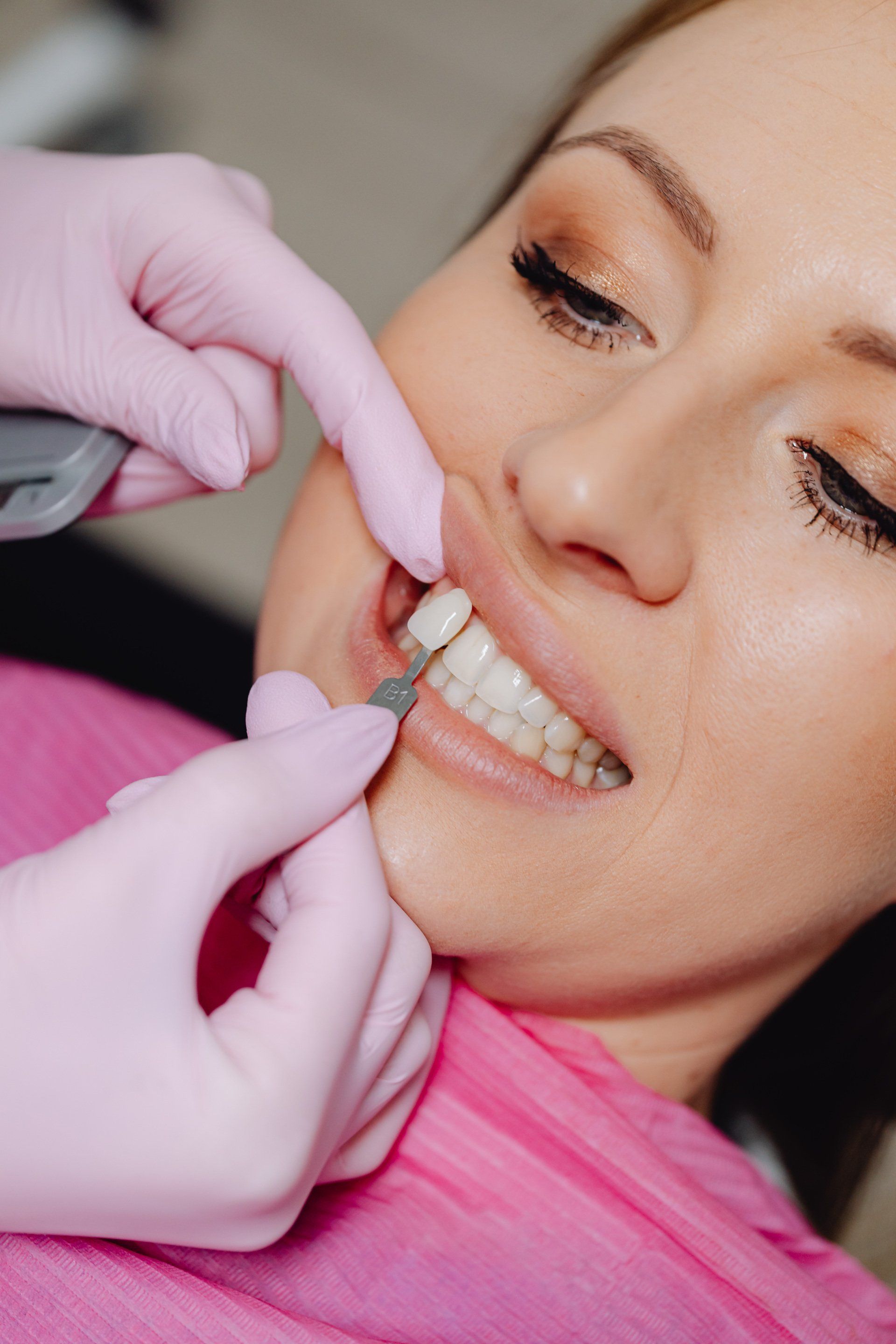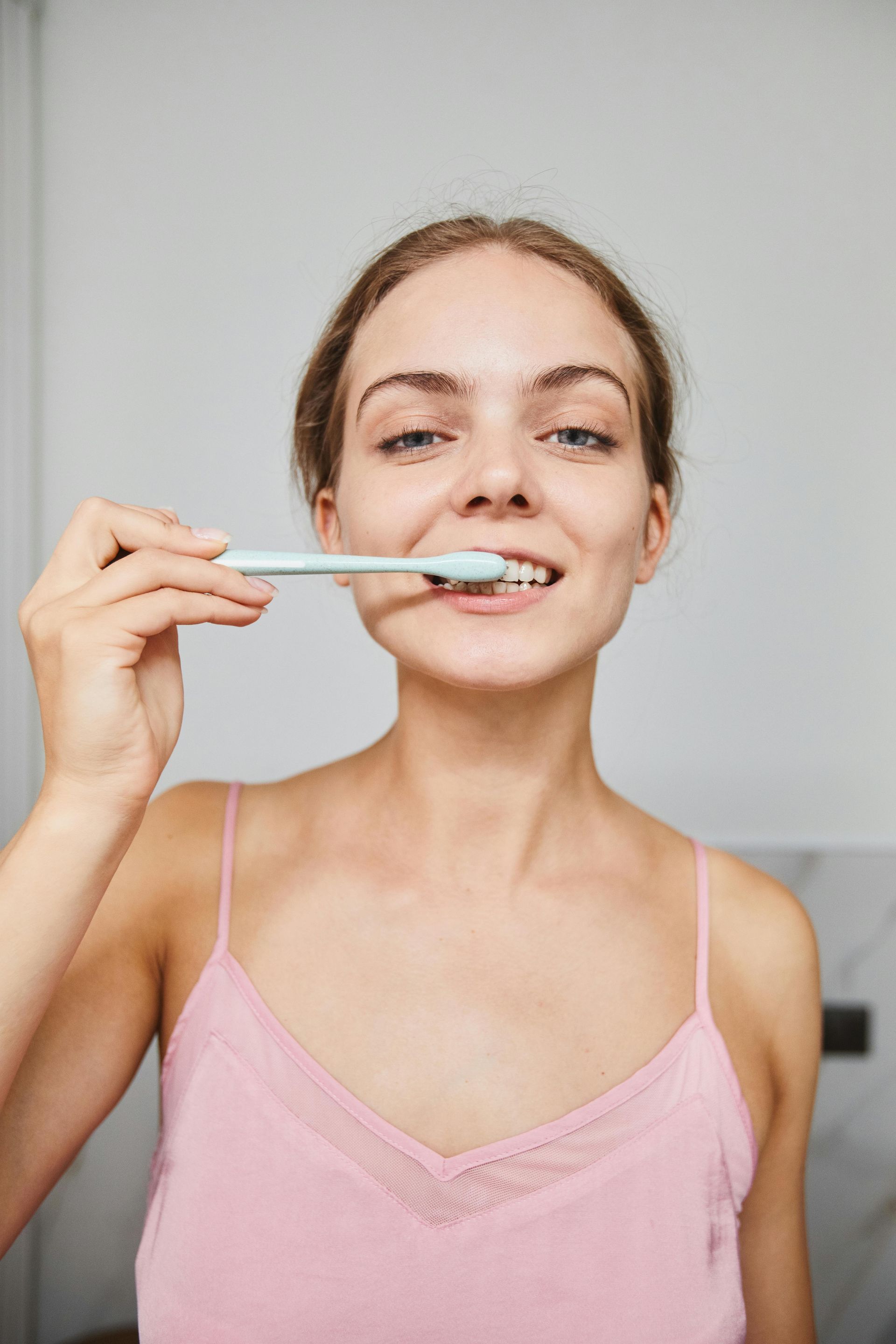Is Your Toothpaste Harming Your Oral Health? - Causing Aphthous Ulcers, Sensitive Teeth, and More…
A dazzling, healthy smile is something we all cherish, but could the toothpaste you're using be causing you more harm than good? If you've been experiencing frequent aphthous ulcers, tissue sensitivity, or hypersensitive teeth, it might be time to examine your toothpaste.
Toothpaste Ingredients: SLS and Its Consequences
Sodium Lauryl Sulfate (SLS) is a foaming agent in numerous toothpaste brands, detergents, shampoos, and body washes. While it creates that frothy lather we associate with a thorough cleaning, it can be the cause of many problems.
SLS has been linked to tissue irritation in the mouth, often causing aphthous ulcers or canker sores. If you frequently suffer from these sores or have tissue sensitivity, it may be time to switch to an SLS-free toothpaste.
SLS can also contribute to dry mouth. If this is something you are experiencing, you may want to opt for toothpaste without SLS.
Abrasiveness: Protecting Your Tooth Enamel
Abrasiveness is another critical factor when selecting toothpaste. Abrasive toothpaste can gradually wear down your tooth enamel, leading to tooth sensitivity and other oral health problems.
Toothpaste has a Relative Dentin Abrasivity (RDA) rating, check the box or website for the RDA rating. Generally, whitening toothpastes have a higher rating, to mechanically scrub away surface stains.
The Culprit Behind Hypersensitive Teeth
If you've been struggling with hypersensitive teeth, your toothpaste might be to blame. Highly abrasive toothpaste can open pores within your teeth. Scrubbing away this protective layer habitually can cause overly sensitive teeth.
As the wear becomes more severe, dentin underneath the enamel can become exposed. As dentin is more porous, it allows hot, cold, sweet, and acidic substances to reach the nerves in your teeth, causing discomfort and pain.
To alleviate hypersensitivity, try a less abrasive toothpaste, switch to a hypersensitivity toothpaste, or even brush with plain water or mouthwash.
If you opt out of toothpaste, you are more likely to develop surface staining. To prevent surface staining, immediately rinse after consuming staining foods and beverages like coffee, tea, and juices.
The Road to Recovery: Choosing a Better Toothpaste
Optimal oral hygiene continues beyond toothpaste selection. Proper brushing techniques, accessing all areas in your mouth, and regular dental check-ups are equally important. Moreover, flossing remains crucial, especially as we age, to prevent bone loss and maintain a healthy smile.
Your choice of toothpaste can impact your oral health, particularly if you're experiencing frequent aphthous ulcers, tissue sensitivity, or hypersensitive teeth. The culprits might be the ingredients in your toothpaste.
Switch to a gentler, SLS-free toothpaste to alleviate these issues and ensure a bright, healthy smile. Prioritize your oral health, and consult your dentist for personalized recommendations.

